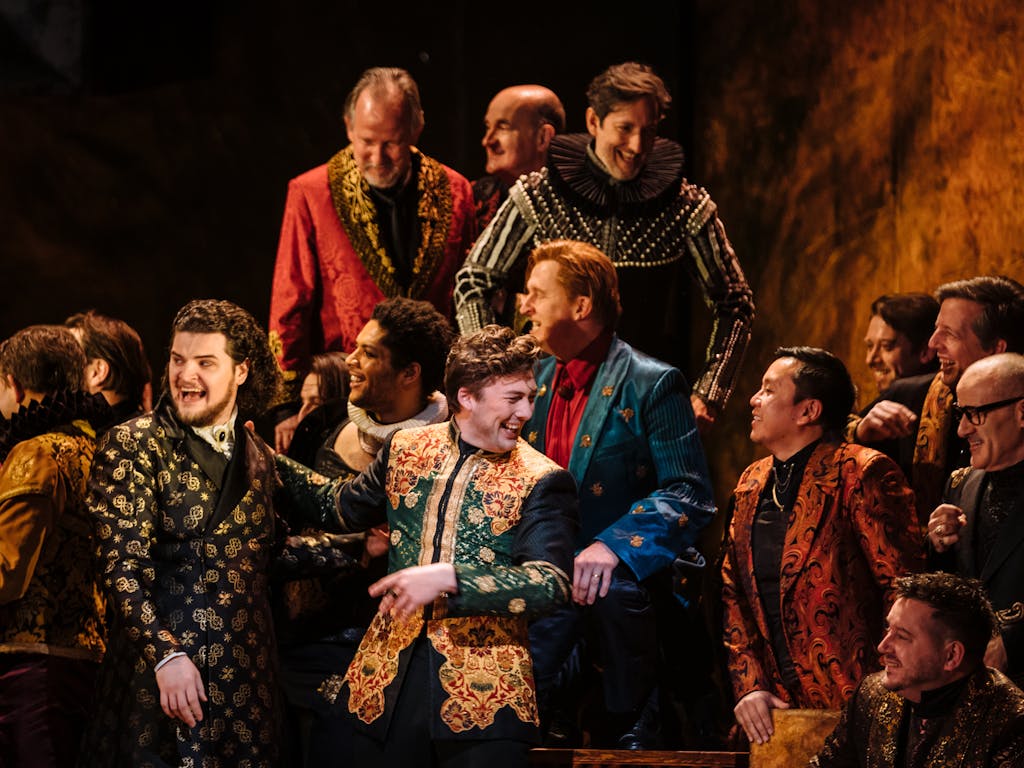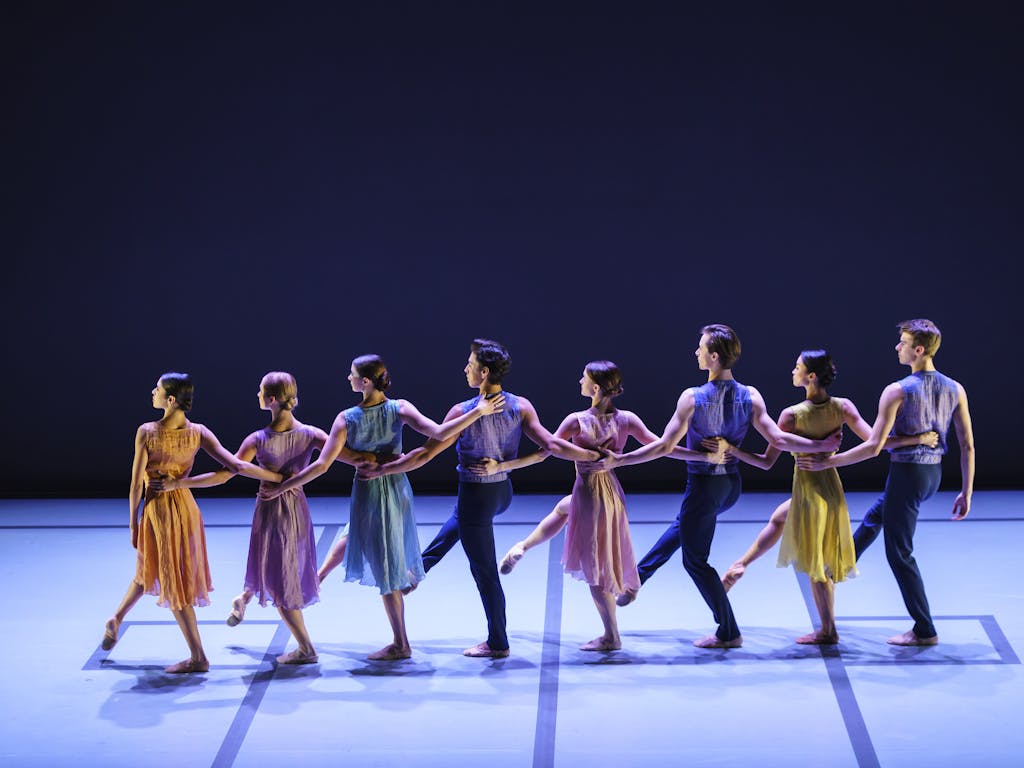People pages
Find out about the people involved in our operas, ballets and more.
The pages about our artists, creatives and staff are regularly updated. Some of these pages will become unavailable for a period of time.
We no longer publish biographies for all performers who have historically appeared on our stages. Please see our archive and collections website for references to these artists.


Royal Opera House Covent Garden Foundation, a charitable company limited by guarantee incorporated in England and Wales (Company number 480523) Charity Registered (Number 211775)
